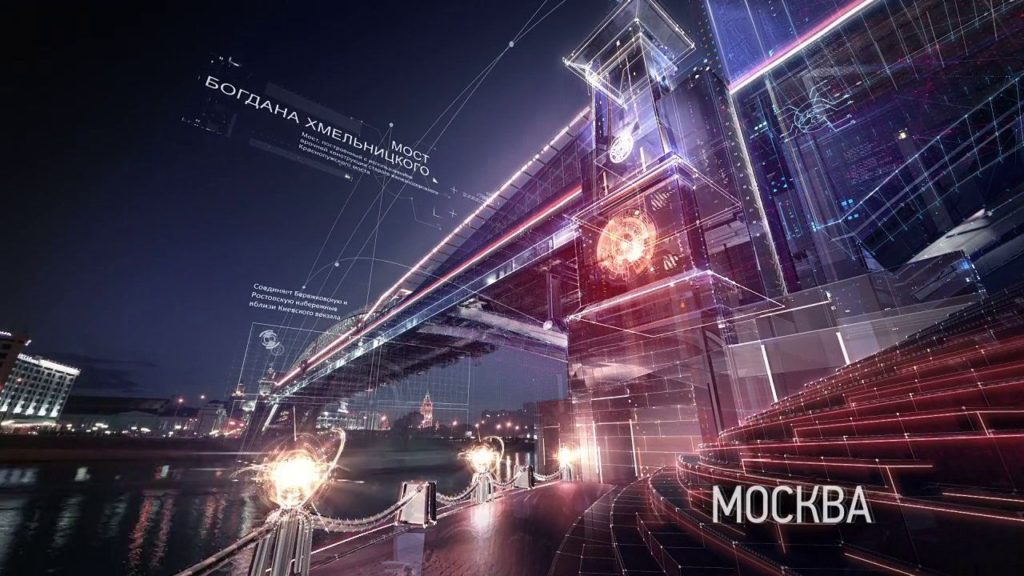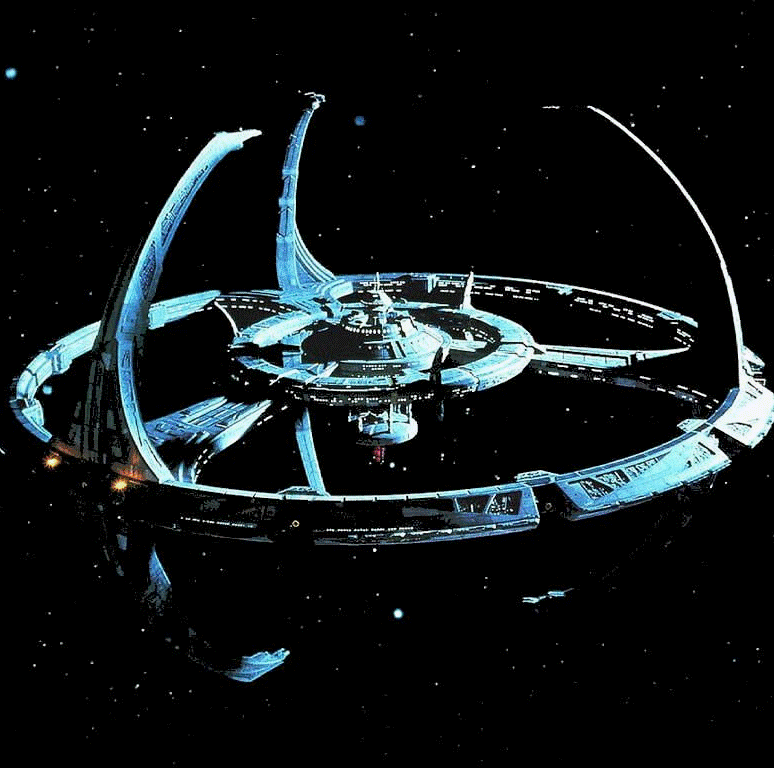Electric Russia: Rise of Information Society, Cyberspace and New Nuclear Energy Power Source

“I am convinced that sooner or later we’ll be confronted with decisions which we cannot even imagine right now…New problems will arise.” – Vladimir Putin [translation from a 2016 interview with US Film Director Oliver Stone
In his prescient statement, was President Putin referring to the pandemic or a new nuclear power plant? “The Rusnano Group, a venture firm created by the government of Russia, is the latest investor to jump into Tri-Alpha Energy, one of the most potentially groundbreaking and mysterious companies in tech” was reported back in 2013 in Forbes.
Why and How? Recall that “It was back when Tri-Alpha was still known as CBFR, short Colliding Beam Fusion Reactor.” It appears that the Russians supplied a device to generate a beam, or should we call it the reported German “Death Ray.”
World War II observers’ accepted wisdom or judgement – To the allied victors go the German spoils – cradle of Nuclear Power and Space Race.
End of the war was not only the beginning of space travel but of a new GRID. A power source to generate a new energy needed to be build, and build fast. After almost a century, the game plan can be found in the energy alliance between Russia, Europe and the US.
I present this in Power of Fusing Electricity ҉ at my new site, epowerearth.com.
Germany’s fall left few standing – experts in possession of highly classified material including nuclear power and space craft blueprints. Allies were fast to grab and go. Soviets, Britain, and U.S. world power domination began.
Nuclear power stations were suddenly up and running in the Soviet Union, UK, and US within ten years. In time, German expertise and intellectual property literally “mushroomed” into the Allied forces nuclear power possession.
China’s reported appropriation of IP seems slight by comparison. Still, it’s funny to see U.S. gloating with pride of “American innovation” and presumed IP take a defensive stand against China. Soviets and English were expected to smirk and ridicule such arrogance.
Electric Russia*
*Focus of Electric Russia stems from my two 2016 papers bearing the name.
Russia mastering the grid may be unexpected for some. The Russian Federation is not to be confused with the Soviet Union of yester year.
Former FBI Special Agent in Charge I.C. Smith noted during his visit at U.S. Embassy in Moscow in the late eighties, “The Soviet Union was operating at twenty-five watts in a one-hundred-watt world.” World has changed where players like Matlock’s nuclear reactor designs are surpassing the 2-4 gigawatts at incessant speed electrifying and enlightening our World.
Russia changed its operations. Innovation came in many forms and speeds → space, cyberspace, hypersonic, and a newly powered energy grid.
The 21st Century saw Russia reemerge from the previous century’s crises. This reemergence pushed forth and gathered momentum via educational reforms. One such reform was Electric Russia’s focus on Information Technology.
It is important to point out that what we are witnessing in today’s Russia has been years in the making: Higher education was the vehicle and Privatization was key in supplementing government’s lack of resources. Consequently, the intercept of university and the private sector facilitated technology transfer.
Development and Implementation
Electric Russia’s success can be attributed to its most powerful and influential supporter, President Vladimir Putin. Putin’s welcome address at the 2005 International Conference was foretelling:
**“UNESCO between Two Phases of World Summit on the Information Society” was clear in its goal and how to achieve it, “The international strategy based on partnership of major development actors – the State, business, civil society and scientific and educational community…can be put into practice for the sake of the formation of global information society for all.”
Putin’s speech not only clearly delineates the alliance between the public and private but points out that the implementation of their programs could not succeed without this strategic alliance.
Russia feels confident in her realization of reforms noting higher education as the vehicle which will make this happen. According to Oleg Byakhov, Director of the Department of the Information Society Development Strategy, “Russia is still the country that prepares most of all specialists in the exact sciences, mathematics and physics” 50% of all Russian graduates from higher educational institutions adequately studied” these sciences (UNESCO. RUSSIA, 2005).
Digital literacy and the fundamental principle in education seems clear but was not readily apparent to the U.S. as it struggled to implement STEM early and now lags behind.
What better time to develop and implement Electric Russia than during globalization’s predominance. Such opportunity cannot be passed given the forces at work like “the deregulation of national economies combined with the Information and Communication Technology (ICT) Revolution kicked globalization into a new gear” according to M. B. Steger. Yes, the markets are at the center.
What was Russia’s strategy to develop and implement its reform? According to Byakhov, Russia intends to build information and knowledge societies. How did it intend to do this? Human capital. Because “the main capital of the Knowledge-Based Society is human capital.” Byakhov’s assertion recognizes the commodification of humans, not machines but people.
Students not only know it but appear ready for it! The Guardian noted almost two decades ago:
“Russia takes education very seriously, and these were very ambitious kids. Every single one of them would be going to university. They already had the power high heels on, and the chic designer suits. They weren’t wearing Nike trainers here – it was more about Gucci and Prada. This class looked more like it was made up of business people than students.”
Russia, acknowledging China’s global dominance in the industrial domain, attempts to carve out a niche of its own. How? By taking on the role of “producer of the new Information Technologies or the role of leader in the knowledge management” says Byakhov.
To attain this goal Russia needs to have a policy in place which targets students: Students will be their resource and technology their leverage. Notes Byakhov a “crucial requirement for implementing such strategic choice is the ability to outplay the competitor at the expense of cheaper mass labour…” In other words, the vast majority of Russian citizens will be pawns in their country’s competitive game.
Globalization has set in motion changes in the educational spheres. Russia has long had a socialist tradition of having their education backed by their government. This tradition is no longer feasible. Russia was not immune to the power and influence of the stakeholders pushing privatization.
Resistance to “Electric Russia” and online implications
As the leader of Russia, President Putin is the ultimate stakeholder in the success of the implementation of Russia’s educational reforms. Complaints appear to have a commonality, people’s resistance to both change and a sense of infringement from Western liberal ideal.
Clearly, powerful and influential stakeholders are pushing privatization. But does technology come at a cost? The consequences of the market forces of globalization on education are evidentiary as seen in the new technology race.
We have broken down vertical barriers giving way to mobile horizontal spheres where the manipulation of space and time has opened “windows” creating multiple domains across the virtual spectrum.
Social online communications and rise in Teleconferencing are two such domains. The power of technology is making radical transformations to how we see our reality. As M. Castells observed almost three decades ago, “we are not living in a global village, but in customized cottages, globally produced and locally distributed.” As Castells’ notes, the Internet has made “virtuality a reality.”
Ironically, we have gone from subjects to citizens and back to subjects to now 0’s and 1’s facilitating communication for the people but also manipulation of the people.
Mastering cyberspace and world systems
Russia’s focus on information technology was instrumental in Russia’s strategy to not only arise from its economic crisis but to compete globally. Given the current global crises, cyber-attacks have taken center stage. Russia’s mastery of the internet is especially critical for cyber warfare.
President Putin has taken on the role of a “Transformational Leader.” He sees the world he lives in and today that world is technological. Moreover, not only does he acknowledge Russia’s two main competitors, China and India, but he sees the importance of Russia differentiating itself from them.
China model was one of world industry and India’s model relied on training specialists. The “Russian model of education” prepared science specialists to also be “developers of new technologies” (Byakhov).
Russia’s ultimate quest, it appears, was to “become the leader in technologies production and development” and ultimately master cyberspace and world systems. But as I noted earlier, technology comes at capital costs with growing competition which in turn promotes reforms whose agenda may not necessarily be in the best interest of the people.
Mr. President, what do you see?
“Whoever does not miss the Soviet Union has no heart. Whoever wants it back has no brain.” – Vladimir Putin (Putin, V. Welcome Address. In Institute of the Information Society (IIS) (2005).
It is said that “the eyes are the windows to the soul.” U.S. President Bush claims to have seen the soul of Russia’s Vladimir Putin after looking into his eyes. Sir, Mr. President could you simply have been looking at your reflection?
President Biden, speaking of souls, admitted in his first News Conference why he ran for office, “Restore the soul of the American people.” From a seeming “position of strength,” he calls out Russia and China while simply waving his little finger at allies from his position of safety.
Sir, like Bush, what windows were you looking through that you didn’t see the picture in front of you? Windows of data digitized are easily accessible and transferable.
Says Special Agent Smith, “I feel certain that they justified their actions, in part, due to their belief (correct as it turned out) that in the big picture their actions would do little harm to the U.S. and not tilt the ideological and economic battle toward the Soviet Union.” The “big picture” seems to have been misdirected.
The new order of things in the geopolitical spectrum powered by technology has given rise to sleeping giants. Clearly, the Russian government and its people have a vested interest in the fruition and success of Electic Russia.
It will be interesting to see how Electronic Russia development and implementation weathers in the “eye of the storm” of cyberspace and digital economy’s energy reliance.
Virtual currencies have been instrumental in the creation of “block chains.” As I note in my October 2019 paper, Facebook’s Calibra and Libra – “Mastercoins and Circle of Trust?”
The “Network of partners – The Libra Association” based in Switzerland, partners stem from the U.S., U.K., Netherlands, Russia, Argentina, Sweden, France, and Hong Kong.
Rusnano Group investment ventures into nuclear energy are not only in the U.S. but reportedly stretch across Europe, China, and Israel.
How will Russia reconcile the reported New China-Iran Deal? U.S. State of Maryland’s professorSaeid Atoofi, Ph.D. has taught and studied many scientific phenomena. Atoofi’s Farsi language books have presented me more than applied linguistics and culture. Farsi speakers …believe speaking Farsi is a sweet treat to the tongue.”
New chain reactions can give rise to new nuclear energy power sources. New China-Iran Deal is looking like a very sweet deal. President Putin, what do you see? I see an opportunity for Electric Russia.
____________________
**UNESCO between two phases of the world summit on the information society:
Proceedings of the international conference held in Saint Petersburg, Russian
Federation, May 17-19, 2005. Moscow, RUSSIA: Krasnyi Proletarity Printing-
House.
